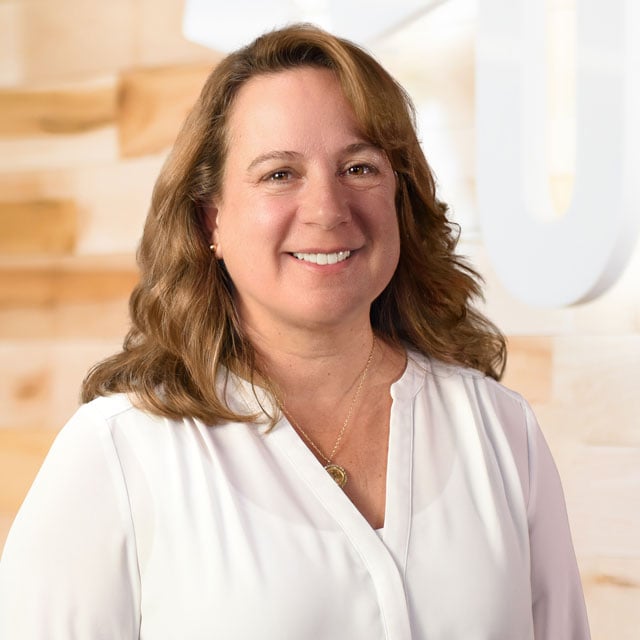We Can Stop Advisor Industry Churn: Orion CEO

“What we see is that the amount of time you are saving depends on the degree to which you want to invest in workflow efficiency,” Wolefsen said. “Fully outsourcing the investment management piece is particularly powerful.”
Investors are demanding so much more from their advisors today, Wolfsen said, in part because they are experiencing incredible information access and incredible ease-of-use technology in all the other parts of their lives. They are used to having a wealth of real-time information at their fingertips and the ability to make decisions and changes instantly.
“Advisors are being asked to deliver their services in new channels and in new ways, and they are also being asked to deliver more services,” Wolfsen said. “It’s not just investment advice, but also financial planning, retirement planning, trust and estate work, taxes and more. They are expected to be able to bring it all together into a single, actionable financial picture.
“That’s where companies like Orion come in,” she added. “We can be their technology extension and handle the R&D and development work so they can focus on being great advisors and connecting with clients.”
Navigating Consolidation
Asked for her view on the likely pace of mergers and acquisitions through the end of the decade, Wolfsen said the trend of fast-paced M&A is here to stay, and that will have an effect on peoples’ decisions about where they want to work and “what type of advisor they want to be.”
The headline-grabbing deals remain in the large end of the market, Wolfsen said, with impressive wirehouse corner office teams and the bigger independent RIAs making multibillion-dollar moves. But the activity has also moved to smaller advisors, and those advisors are either being rolled up or they are affiliating with one another.
“Investors’ needs are changing, the industry is consolidating and many original founders of these smaller RIAs out there are themselves getting close to that traditional retirement age or even beyond it,” Wolfsen said. “It’s very dynamic, and it’s a great time to be helping financial advisors.”
It’s not likely that consolidation in itself will steer people away from the industry, Wolfsen said, but it could change the typical path of a person who ends up working for an RIA.
“As the industry scales up, it does get harder to compete based on service,” Wolfsen said. “I think it will become rarer to see people truly going it alone and starting an RIA from scratch. Very likely, they’ll either affiliate or they’ll rely on third-party providers to do a lot of heavy lifting. That means the aggregators will continue to have a vibrant pool of advisors to acquire.”
Pictured: Natalie Wolfsen




